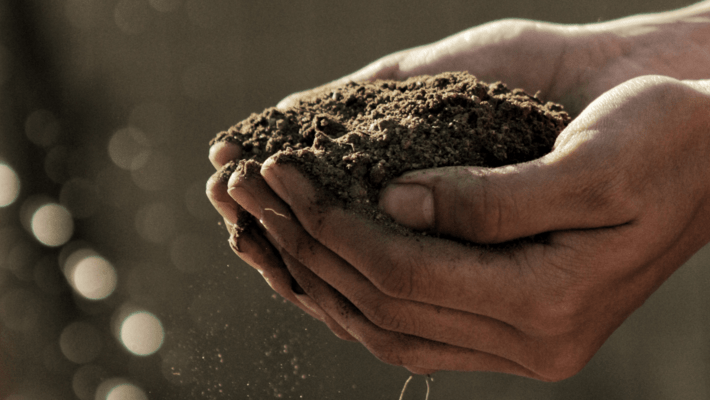
What Classifies Hemp as Organic?
Published on 8/20/22
Most consumers agree that they prefer to buy products with no harmful pesticides or fertilizers. The organic movement has changed how we buy everything from groceries to garden supplies. However, the term "organic" does not necessarily have a set meaning like pot terms shrouded in mystery, organic means different things to different people. In the cannabis community, organic hemp is one of the most popular new trends, promising many benefits without any supposed drawbacks. But what is organic hemp? Why should you consider adding it to your routine?
Naming Conventions
Organic refers to any material grown naturally, without chemical alterations, such as weed-killers. The organic movement grew partly out of the environmentalist initiatives of the 1960s and 1970s, based upon the publication of Rachel Carson's "Silent Spring," a book about the degree to which modern farming practices affected surrounding wildlife.
Today, many cannabis producers are adherents of the green movement towards sustainability and emissions reductions. Product promoters often trumpet a product's organic nature, such as rolling paper companies that trip over themselves to mention that the paper is all-natural. Yet, are organic cannabis products like hemp a big improvement over the alternative? Does hemp need to be organic?
Hemp Haul
The term "marijuana" is often applied to all types of cannabis, yet it only refers to the female plants. Male plants, by contrast, are formally known as hemp. Female marijuana plants produce THC naturally, while male hemp plants produce CBD but minimal THC. As such, most hemp products are medicinal or trumpet their CBD levels, as opposed to marijuana products that essentially promise you the chance to get as high as the stratosphere.
In the United States, cannabis plants must have .3% THC or less to be called hemp, making them about 50-100 times less potent than your typical joint of marijuana. Hemp products, such as creams or oils, don't change the ratios of CBD or THC from the plant itself, meaning that when it comes to determining status, it is all about the green that went into it. However, any organic plant can become non-organic if mixed with a non-organic product, such as vegetable oil. This complicates the process and raises questions about what is and is not organic.
From Where You Came
 Unsplash
UnsplashThere are two significant differences between organic and non-organic hemp products. The first is the soil that the hemp grew in. Since cannabis is scientifically classified as a weed rather than grass or a bush, it can grow relatively quickly in many places. Many growers find that they get big, beautiful buds without needing chemical sprays or non-organic fertilizers. Farmers who want to market their products as organic need to grow their cannabis in soil with no chemical treatments for three years prior. That may be surprising since three years can give you as many as a dozen different harvests, but it reflects how some pesticides and herbicides stay in the soil. Organic-plant soil also requires more tilling, which in turn requires more water. While using more water may be the lesser of two evils, it nevertheless becomes a complicated process in areas where water resources are limited.
The next difference between organic and non-organic is price. Like so many other things in this world, you get cheaper products when you lower the quality of their development, which is why McDonald's can sell a burger for a dollar to just about every customer. Organic farming practices limit productivity by as much as fifty percent, meaning that you can grow almost twice as much hemp if you use chemical treatments, this lack of productivity results in corresponding high prices for organic hemp vs. hemp. According to the same supply and demand factors, organic milk may cost twice as much as regular milk.
Rabbit Holes and Roundup
Is organic hemp better? As always, the answer is that it depends. If you do a blindfold test of an organic hemp product like a tincture and a non-organic product, it is doubtful that you would notice much difference between them. Instead, the benefits are primarily on the customer's peace of mind and interest in moving the market forward.
There is no doubt that much of the products we consume are no longer naturally grown: you need only look on the ingredient list of any processed food to see how far removed we are from the food eaten only a few generations ago. The organic movement is a way to enhance both the sustainability and the quality of the product, with a higher price tag reflecting the effort in both shifts relative to the cheapest options. Furthermore, paying more for organic hemp means more money for the market itself. "Voting with your wallet" is a key concern for many people, as paying cash for everything from gasoline to factory-farmed meat only encourages a harmful status quo. If you want to make a difference with your purchases, and if you want to cultivate a more sustainable footprint, organic hemp and cannabis products can be a smart, ethical decision.
Do you prefer organic cannabis products? How have you found the differences between products that change the experience? Let us know in the comments below!
